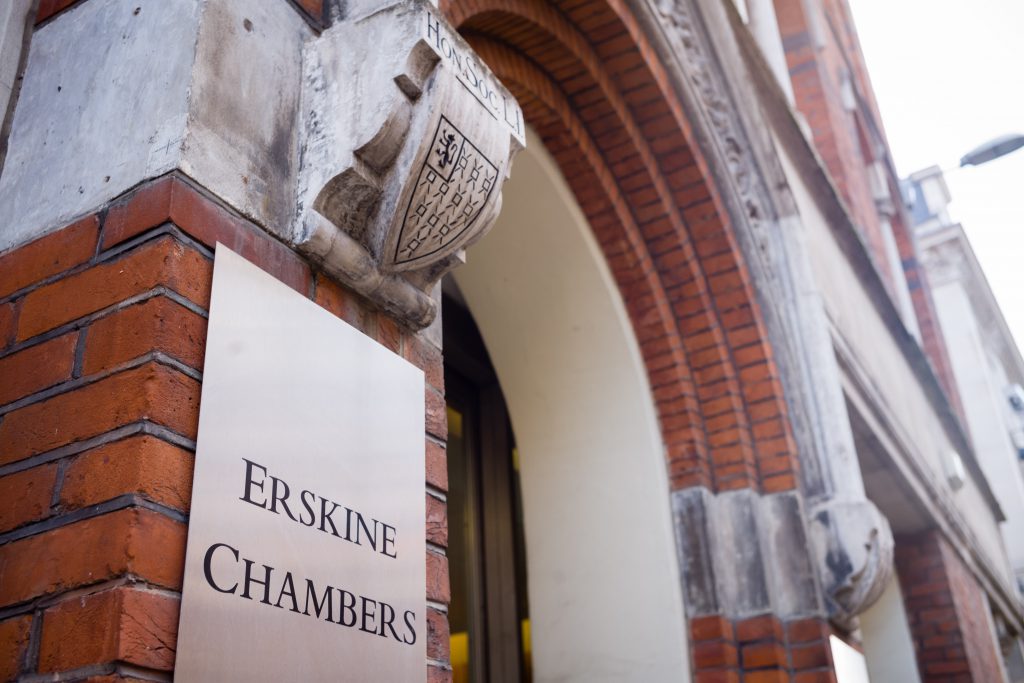
Byers v Chen (aka Ningning) [2021] UKPC 4
23rd February 2021
On 22nd February the Privy Council (Lords Kerr, Briggs, Kitchin and Leggatt and Lady Arden) handed down judgment in the case of Byers v Chen. The decision is significant for two reasons. First, because it is one of those very rare cases where the Privy Council was satisfied that it was entitled to overturn concurrent findings of fact of the BVI High Court and the Eastern Caribbean Court of Appeal (which had led to those courts exonerating the defendant of a lack of probity). And secondly, because it contains important findings of breach of fiduciary duty by the defendant director.
The facts of the case were comparatively simple. A BVI company (“PFF”) was engaged in futures trading from offices in Beijing. On 23.10.09, PFF conceded in unrelated proceedings in London that it was commercially insolvent. Over the course of the next three weeks PFF repaid a loan of US$13m which was not due for repayment for another year. The loan had been made to PFF by a company (“Zenato”) owned by a ‘business acquaintance’ of PFF’s ultimate beneficial owner (“Miss Chen”). 3 weeks after that, Miss Chen caused PFF to enter liquidation.
In 2014 the liquidators were in a position to pay the creditors of PFF a 6% interim dividend. On that basis, US$5.4m was due to Miss Chen, as the assignee of debts owed by PFF to its parent company. The liquidators, however, withheld the dividend, claiming that Miss Chen bore responsibility for the wrongful repayment of the Zenato loan. Miss Chen applied to the BVI High Court for payment of the interim dividend; 3 weeks later the liquidators issued proceedings in the same court against Miss Chen, alleging breach of fiduciary duty and for restoration of an unfair preference.
It was common ground that Miss Chen had been PFF’s sole director until (at least) the end of May 2009. However, she claimed that she resigned as a director at that time; she also claimed to have had no involvement in the repayment of the Zenato loan despite the fact that she remained the sole signatory on PFF’s bank account; she said that the repayment was effected by personnel at the parent company to whom she had delegated the ability to make electronic transfers of PFF’s funds.
The trial of the liquidators’ claims took place over 4 days in March 2015. Judgment was given less than 2 weeks after the conclusion of the trial, dismissing the claims. The Judge had very obviously formed a dim view of the liquidators’ actions, and expressed himself in terms which the Privy Council described as “forthright and robust”, albeit commenting that ”it would have been better had he expressed himself in a more moderate manner”.
The liquidators’ appeal was heard over 2 days in January 2016. However, the judgment of the Eastern Caribbean Court of Appeal, was not handed down until almost 2 ½ years later, in June 2018, with no explanation given for the delay. The Court of Appeal essentially dismissed the breach of fiduciary duty claim for the reasons given by the trial judge, and refused to exercise the discretion to make an award restoring PFF to the position it would have been in had the unfair preference not been made.
Perhaps unsurprisingly, the Privy Council described the delay of 2 ½ years in the Court of Appeal giving judgment as “excessive” and observed that “excessive delay by an appellate court in delivering its judgment does increase the risk of it being unreliable and this may justify its careful scrutiny on a further appeal”.
The key factual issue which the Judge determined at the trial concerned the resignation of Miss Chen as a director of PFF. He rejected her case that she resigned at the end of May 2009, but went on to find that she did resign in August 2009; therefore, he held, Miss Chen did not owe any fiduciary duties to PFF when the Zenato loan repayments were made later that year. The Court of Appeal held that the Judge was entitled to make those findings.
The Privy Council disagreed. Having (rightly) rejected the notion that Miss Chen resigned her sole directorship in May, there was no evidence that she had resigned at any other time: in particular, it was not Miss Chen’s case (and nobody testified) that she had resigned in August or at any other time prior to the repayments. The Judge’s finding of fact was not supported by any evidence and that meant that the Judge had made an error of law. The Privy Council was entitled to intervene to correct an error of law. As the Court of Appeal had not spotted the Judge’s error of law, it had similarly erred.
Having established that Miss Chen continued to owe fiduciary duties to PFF throughout, had she breached them? The Privy Council was in no doubt that she had. The Judge had found that she was aware of the payments to Zenato but did not object to them. That, said the Privy Council, was culpable: she was obliged to take all reasonable steps to intervene to prevent a payment from being made from an account of which she was sole signatory, and her inaction was a breach of fiduciary duty: “a director may not knowingly stand idly by and allow a company’s assets to be depleted improperly … To the contrary, a director who knows that a fellow director is acting in breach of duty or that an employee is misapplying the assets of the company must take reasonable steps to prevent those activities from occurring.”
The liquidators’ appeal was therefore allowed. Thus the liquidators ultimately triumphed on a claim which the trial judge had considered to be so bad that they were at risk of having to pay all the costs personally.
The liquidators were represented in the Privy Council by Stephen Smith QC and Ben Griffiths of Erskine Chambers, instructed by Holman Fenwick Willan in London and Lennox Patton in the BVI



